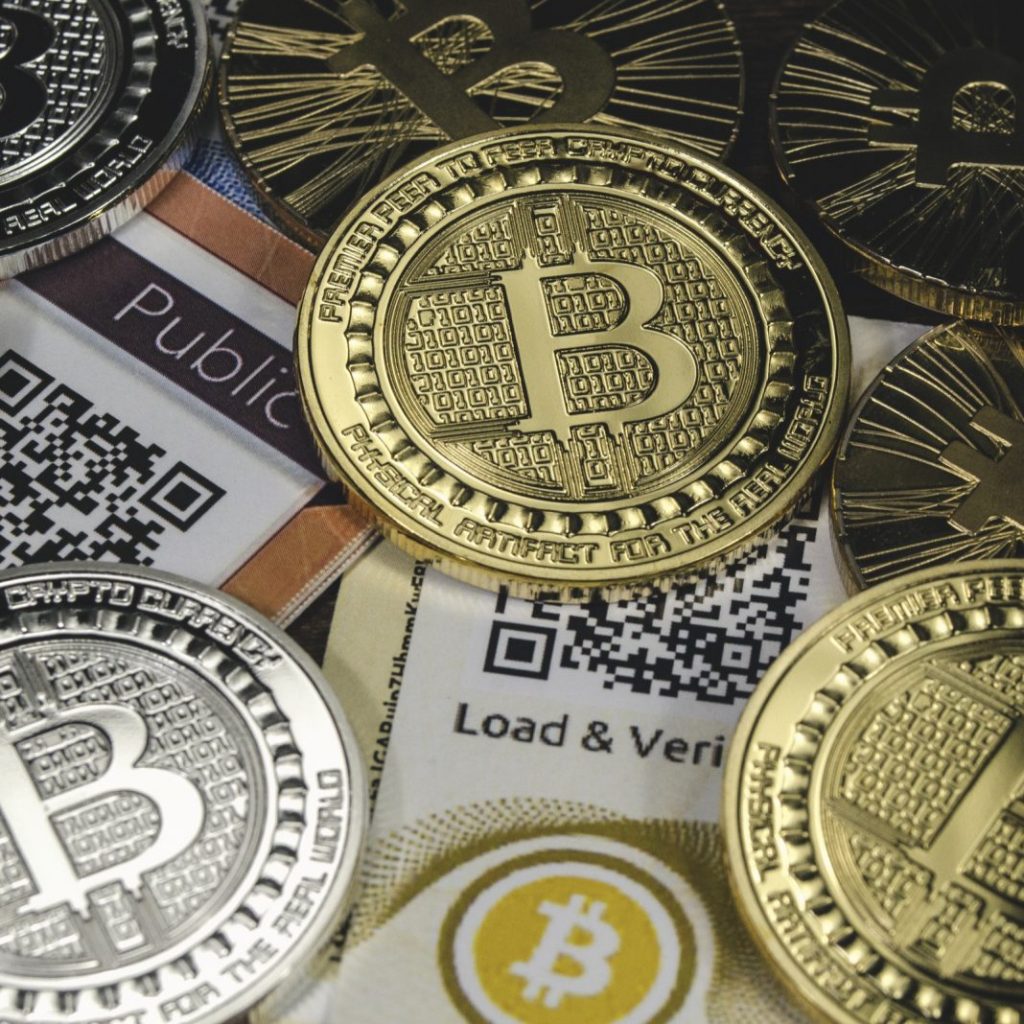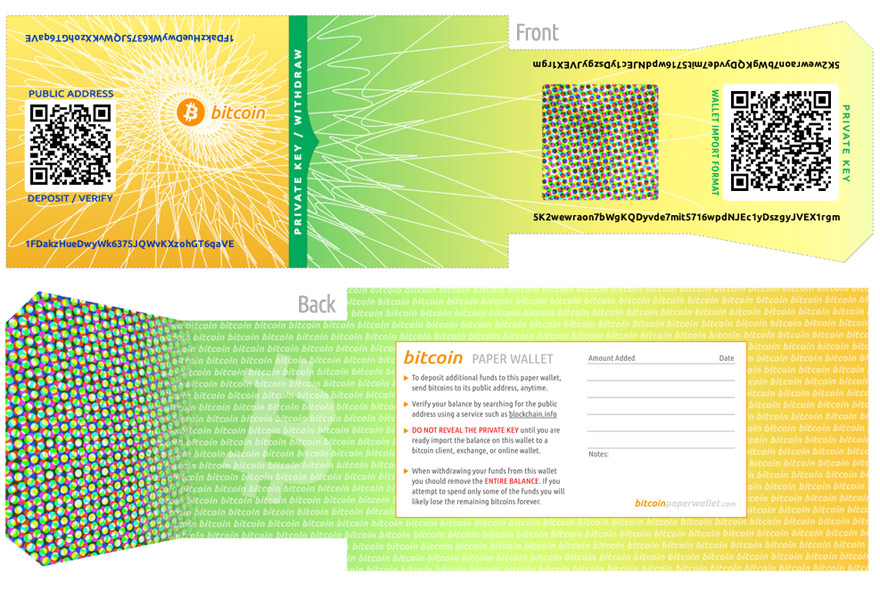
Bitcoin might be digital but it’s equally suited to being stored and shared in the analogue world. Whether you’re looking for a way to safely store your coins, to issue paper bills that are made out to a specific bitcoin address and amount, paper is your friend. A printer and a little know-how is all it takes.
Why Create a Paper Wallet?
Exchange accounts can be hacked, mobile wallets breached, and smartphones lost, stolen or destroyed. But paper? It’s impervious to all digital attack vectors. It’s not foolproof – fire, water damage, or theft can still take their toll – but if you’re careful where you stash your paper wallet, it’s one on the safest ways to store cryptocurrency. Be it as a backup of an existing hardware, mobile or desktop wallet, or as a standalone wallet that exists solely offline, paper is perfect.
The ultimate form of cold storage, a paper wallet simply consists of a printout of the private and public keys to your address. (These can even be handwritten if you don’t trust printers or have access to one). Suffice to say that while the public key can be shared so that others can send you coins, you shouldn’t share your private key with anyone. Thus, once you’ve printed your wallet, you need to store it somewhere only your eyes can view it. That could be a safe, a bank vault or a sly hiding place in your home.
If you’re ultra cautious, you can even split your paper wallet into parts and store it in separate locations. Not much use if you’re a day trader, admittedly, but if you’re a hodler for life, a distributed paper wallet (with at least one duplicate to ensure redundancy) is about as safe as cold storage gets.
How to Make a Paper Wallet
There are numerous websites that allow you to create a paper wallet in seconds before printing it off. Choose a favorably reviewed site whose code is open sourced to prevent the sort of scams that are all too prevalent in the crypto space. Examples of paper wallet generating sites include the following:
Bitaddress.org: A simple but effective open source Javascript wallet generator. Select the BTC wallet type you’d like, generate some entropy, choose how many addresses you want and hit “Print”. You can also create vanity, bulk, split, and brain wallets.

Bitcoin.com: The tools section of Bitcoin.com allows you to create a bitcoin cash paper wallet just like the BTC example described above. Bitcoin.com’s paper wallet generator, like all of the sites listed here, does not store knowledge of your private key.

Bitcoinpaperwallet.com: A self-explanatory site that allows you to create BTC and BCH paper wallets. There’s a useful section on paper wallet security tips and you can order tamper-proof holographic stickers for creating your own folding paper wallet. When it comes to print out your wallet, the sensitive details – namely the private key and QR code – are securely taped shut and sealed with a sticker. That way, you know that no one’s accessed your paper wallet and peeked at your private key.

How to Make a Bitcoin Paper Bill
Making a paper wallet containing your private key is fine for your own purposes, but what if you want to share your BTC address with others? In that case you only need to print your bitcoin address and QR code. Sites such as Gobitcoin.io will allow you to enter your BTC address, generate a QR code and even specify an amount. If you charge a fixed 0.05 BTC for a service, for example, you can hand people a QR code they can scan with that amount pre-entered. All they have to do is scan the QR code and hit send. Other sites will let you create QR codes for bitcoin cash and loads of other cryptocurrencies.

Versatile and ultra-secure, paper wallets are one of the smartest ways to keep your crypto. Create it, print it, and then stash it in a very safe place.
